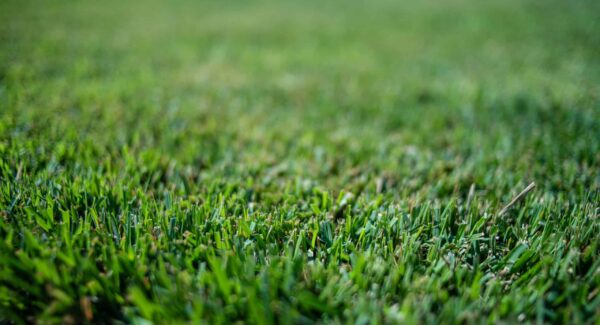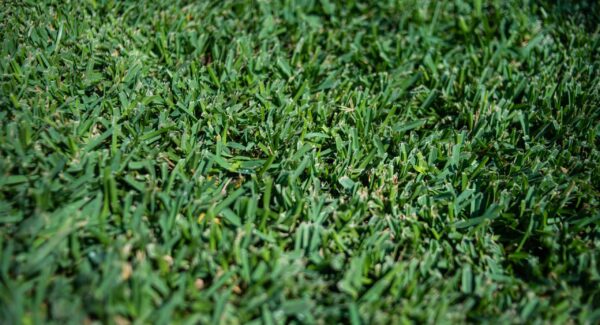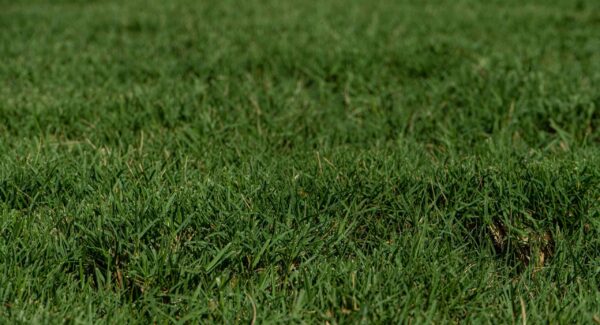Composting FAQs
Composting is a cheap, natural and earth-friendly way to improve soil and nutrient conditions for your garden. Here are some frequently asked questions about basic composting:
-
How often should I turn my compost pile?
Every two weeks to aerate the compost -
When should I apply the compost to my garden?
Two to four weeks before you plant -
How do I make my compost less smelly?
Aerate your compost regularly; the smell is generated by the anaerobic microbes that give off an odor as they break down your compost. Aerating limits their activity and stimulates the less smelly aerobic microbes. -
Where should I put my compost pile?
Composting works best when placed in a place where it can receive direct sunlight. -
What is the recommended size for a compost pile?
A 3-foot cube. This size is manageable for turning and ideal for retaining heat alongside air flow. -
How do I compost during the winter?
Compost works best at higher temperatures, but it is still possible to continue composting through the winter. Keep the compost in a black bin in direct sunlight. You can also take further measures to insulate the compost using hay bales. -
What is the ideal ratio of carbon materials to nitrogen materials?
⅓ nitrogen and ⅔ carbon -
How can I tell when it’s done?
Finished compost should look, smell, and feel like rich and dark soil. None of the original materials that you put into the pile should be recognizable. -
What types of things should I not put in the compost pile?
Avoid these following items, as they can attract unwanted pests or spread detrimental chemicals or diseases into your compost.-
fats
-
pet droppings
-
animal products
-
plants treated with pesticides or herbicides
-
perennial weeds
-
diseased plants
-
If you are interested in getting some new grass to complement your garden, visit our online store today. Happy Composting!





